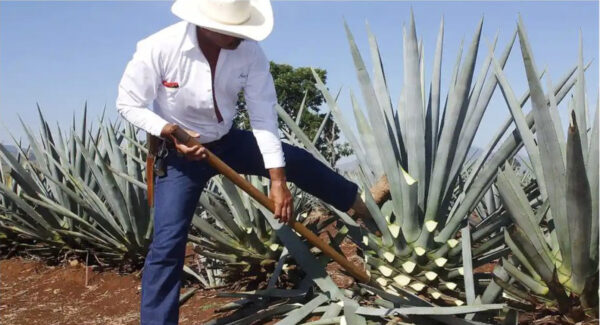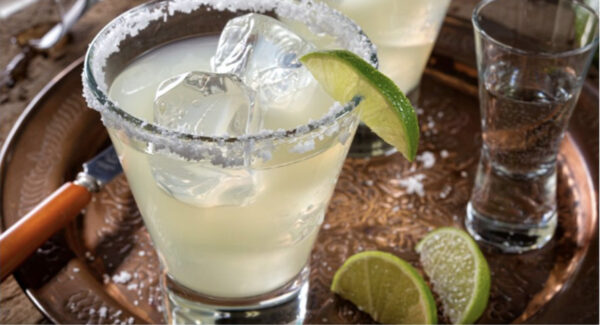There’s a lot of misinformation floating around about tequila. Like the idea that you should always shoot it with lime and salt (you don’t have to). Or that the bottle should contain a worm (absolutely not). And while it’s true that tequila can be mixed, sipped, and savored, it deserves a lot more respect than it often gets.
The Roots
Tequila has roots that run deep. This beloved spirit primarily hails from Jalisco, Mexico. While Jalisco is the heartland of tequila production, Mexican law allows for limited production in certain municipalities in Tamaulipas, Nayarit, Michoacán, and Guanajuato. There’s even a town called Tequila – no joke.
 Hundred Pound Piñas
Hundred Pound Piñas
A fun fact? All tequila is mezcal, but not all mezcal is tequila. Tequila is specifically made from blue agave, while mezcal can be crafted from over 30 varieties of agave. Speaking of agave, it’s not a cactus. It’s a desert succulent, and it takes a staggering eight years to mature. That’s right, eight years. And once it’s ready, the agave plant gives its all—literally. The piñas, or hearts, are harvested and can weigh up to a few hundred pounds. These piñas are then steamed, crushed, and fermented to create tequila.
Labor Of Love
Quality tequila is a labor of love. The blue agave plant only has one life to give, making each bottle a testament to years of patient cultivation. Yet, legally, tequila only needs to be 51% blue agave to bear the name. The rest can be a neutral spirit from cane sugar juice, which makes what’s known as a “mixto” tequila. As you might guess, 100% blue agave tequila is typically superior.
Tequila Myth Busted
Here’s another myth buster: if you see a worm in your tequila, run. That’s a mezcal thing, and even then, it’s mostly a marketing gimmick.
Young vs. Old
Most of the tequila we drink is relatively young. Blanco or joven tequila is aged 0 to 2 months, reposado for 2 months to a year, and añejo for 1 to 3 years. For those with patience (and a high credit limit), there’s extra añejo, aged 3 years or more. Some bottles, aged over a decade, can fetch over $1000.
Cease and Desist
Tequila’s name is protected by law, akin to Champagne or Prosciutto di Parma. You can’t just whip up a batch in your bathtub and call it tequila—unless you want the Mexican government on your case.
 The Best of the best
The Best of the best
And if you’re ever lucky enough to sip on tequila made via the Tahona process, know you’re tasting something incredibly special. This ancient method involves crushing the piñas with a massive volcanic wheel, traditionally pulled by a donkey. If that’s not artisanal, we don’t know what is.



